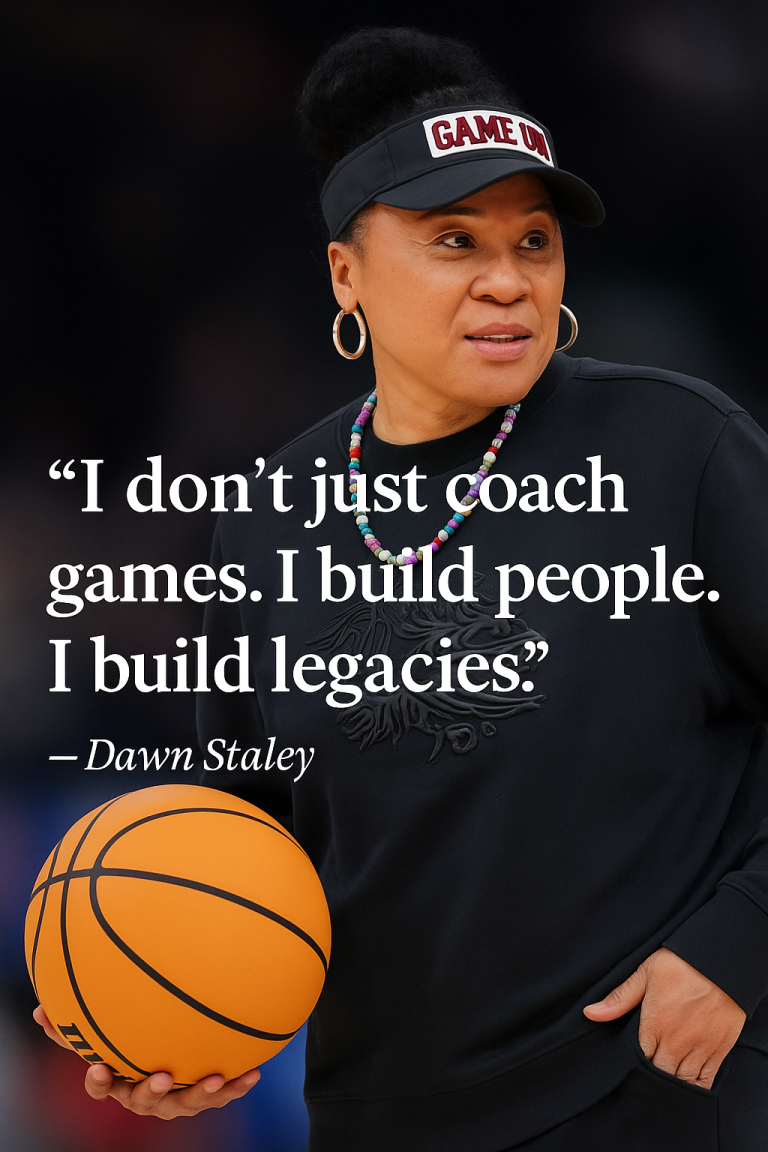
In a landmark decision that could reshape the city’s sporting landscape, Denver has approved a $70 million plan to acquire and prepare a 40-acre site for a new stadium dedicated to women’s professional soccer. The proposed development, to be located at the former Gates Rubber Factory near I-25 and Broadway, marks a bold step forward in promoting women’s sports—making Denver one of the few global cities to invest in a stadium built specifically for female athletes.
The initiative follows the announcement earlier this year that Denver has been awarded the 16th franchise of the National Women’s Soccer League (NWSL), with the new team set to begin play in 2026. The stadium, named Santa Fe Yards, is projected to open in the spring of 2028. It will seat 14,500 spectators and serve as the anchor for a larger entertainment district, including mixed-use developments and a 3.5-acre public park. World-renowned architecture firm Populous has been selected to design the venue.
Supporters of the plan see the investment as a long-overdue correction to the historic underfunding of women’s sports. They argue that the stadium will not only provide a professional-grade home for the new NWSL team but also spark economic development in a long-neglected part of the city. The site’s transformation could bring hundreds of construction jobs and, over time, permanent employment in event management, retail, and hospitality.

“This is more than just a soccer stadium—it’s a symbol of equity, growth, and vision for Denver’s future,” one city council member said during the vote to approve the plan.
However, not everyone is on board. Critics of the project question the timing and financial wisdom of such a large investment, especially as Denver continues to face budget constraints, housing shortages, and infrastructure challenges. They point to other cities where stadium developments failed to deliver the promised economic returns or fell into disuse.
“There are risks whenever public money is tied to sports infrastructure,” said an economist from the University of Denver. “The long-term value will depend heavily on smart execution and consistent community engagement.”
Still, the potential upside is significant. With rising interest in women’s soccer following the popularity of the U.S. Women’s National Team and the growth of the NWSL, Denver could position itself as a national leader in women’s sports. The new stadium might also attract international matches, concerts, and community events—diversifying its usage and expanding its appeal beyond just soccer fans.
In a city already known for its passionate sports culture, this investment signals a shift toward inclusivity and innovation. Whether the gamble pays off will depend on execution, public support, and the performance of the new NWSL franchise. But for now, Denver is betting big on women’s sports—and the world is watching.



